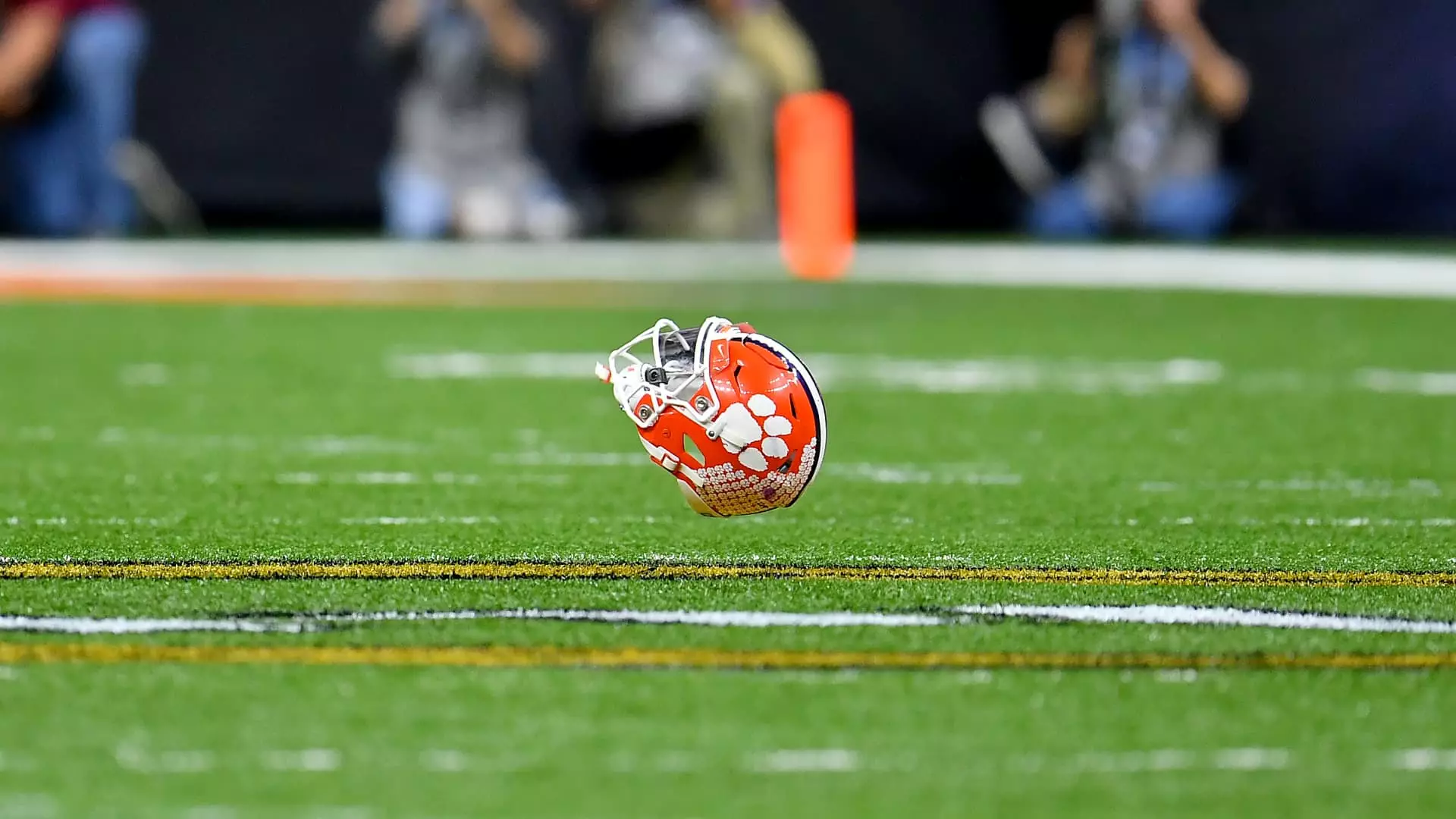In a move that resonates deeply within the competitive landscape of media and telecommunications, DirecTV and Disney recently announced a deal that has restored access to Disney’s popular channels, including ESPN, for more than 11 million DirecTV subscribers. This resolution, following a two-week service blackout, comes as a relief for sports enthusiasts and those hoping to catch the upcoming Emmy Awards on ABC. The agreement marks a significant development not just for the two companies involved but also for the broader pay-TV landscape that is grappling with evolving consumer preferences and fierce competition from streaming services.
The blackout, which took effect on September 1 and left many DirecTV subscribers frustrated, stemmed from disagreements over pricing and service bundling between the two entities. Such disputes are not new to the industry, but the timing of this one was particularly unfortunate, occurring just before major sporting events, such as the U.S. Open and the start of college football season. DirecTV had been advocating for more flexible, genre-specific bundles, a move reflecting the changing dynamics of television consumption where viewers are increasingly inclined to curate their own content. Conversely, Disney maintained that DirecTV’s valuation of its networks did not adequately reflect their worth, leading to a standoff that negatively impacted consumers and businesses alike.
The newly reached agreement has the potential to reshape customer engagement strategies with its inclusion of “market-based terms” for pricing. DirecTV is now positioned to offer a diverse range of genre-specific packages that encompass Disney’s traditional networks along with the company’s streaming service offerings, including Disney+, Hulu, and ESPN+. In a noteworthy development, DirecTV will distribute Disney’s forthcoming flagship ESPN streaming service, slated for release in fall 2025, at no extra cost—an attractive proposition for subscribers looking for value.
This strategic partnership not only aims to enhance the viewing experience for customers but also aligns with trends seen recently in other media partnerships, such as the earlier agreement between Charter Communications and Disney. The success of such collaborations lies in their ability to adapt swiftly to the needs of the modern consumer, who prefers customization and flexibility over one-size-fits-all solutions.
For DirecTV, the stakes in this negotiation were high. The company had faced criticism for its inability to deliver essential channels during critical viewing events, leading to customer attrition and negative publicity. DirecTV’s Chief Marketing Officer, Vince Torres, acknowledged the consequences of the blackout, which affected not only viewers but also small business owners who depend on the network for commercial broadcasts of sports events. During the blackout, DirecTV quickly pivoted to offer customer credits as a compensatory measure, generating goodwill in an otherwise contentious setting.
Disney, on its part, recognized that losing the ability to reach an extensive customer base through DirecTV could have long-lasting repercussions for its brand prominence. The situation was particularly sensitive because of the overlapping timelines with key political broadcasts, such as presidential debates, during which both companies faced public scrutiny for their inability to deliver critical content. The calls for cooperation to restore ABC broadcasting were emblematic of the pressures facing both entities to prioritize consumer needs.
The move towards customizable bundles can be seen as a direct response to the industry-wide shifts characterized by a decline in traditional pay-TV subscriptions in favor of on-demand and streaming services. As viewers increasingly gravitate towards content that fits their interests without the added clutter, both DirecTV and Disney must remain agile in crafting service offerings that resonate with the market.
Moreover, as both companies navigate the complexities of customer expectations, the discourse around antitrust regulations looms large. The recent legal challenges surrounding other media mergers highlight the importance of maintaining healthy competitive dynamics in a rapidly transforming industry. As DirecTV contends with regulatory bodies about the nature of negotiations with Disney, the evolving landscape will require constant vigilance from stakeholders to ensure fair practices and continued innovation.
The resolution of the DirecTV and Disney dispute emphasizes the growing interconnectedness of content providers and distributors in an era marked by disruptive technological changes. The new deal illustrates how collaboration can pave the way for more accommodating viewing experiences while responding to consumer demands for choice and flexibility. As the landscape continues to evolve, both companies will need to leverage this cooperation to foster a more sustainable and customer-centric future.

